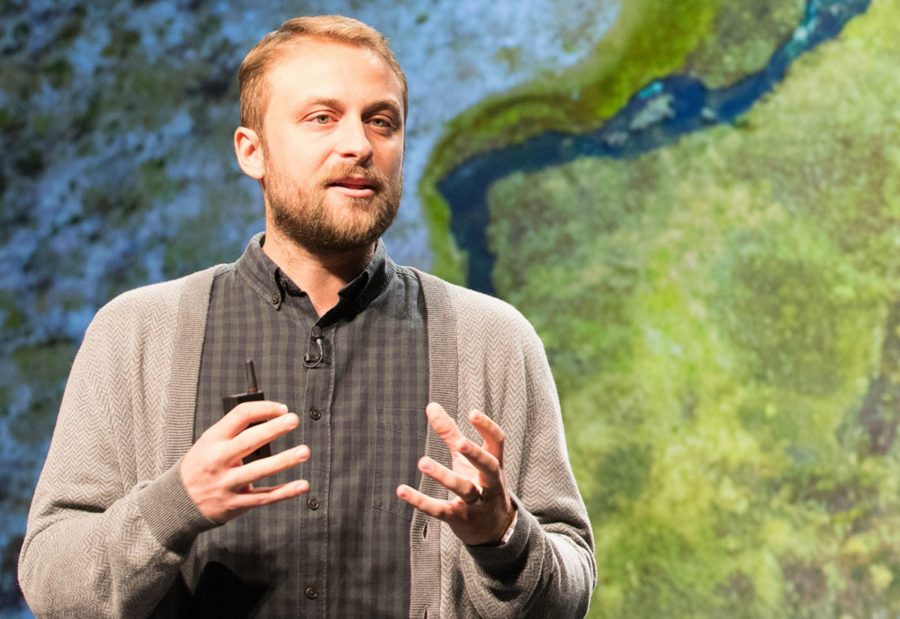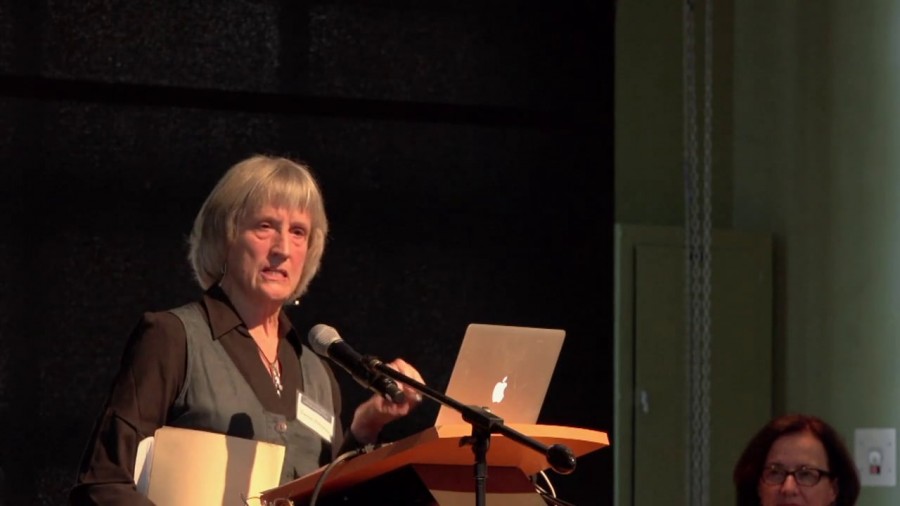I vacillate…between thinking that we’re doomed because we have given ourselves over to a stupid system that’s now backed up by guns. And then a much more utopian view that we’ve always lived in stupid systems and that we’re always making them better.
Archive
One of the most important insights that I’ve gotten in working with biologists and ecologists is that today it’s actually not really known on a scientific basis how well different conservation interventions will work. And it’s because we just don’t have a lot of data.

We’re living in this amazing time. The speed of innovation has created technologies that have literally reimagined industry after industry. Technology has improved almost every tool that we use on a daily basis, and it’s time to start bringing this technology to use for good.

I’m going to propose to us that the Cthulucene might be a way to collect up the questions for naming the epoch, for naming what is happening in the airs, waters, and places, in the rocks, and oceans, and atmospheres. Perhaps needing both the Anthropocene and the Capitalocene, but perhaps offering something else, something just maybe more livable.

